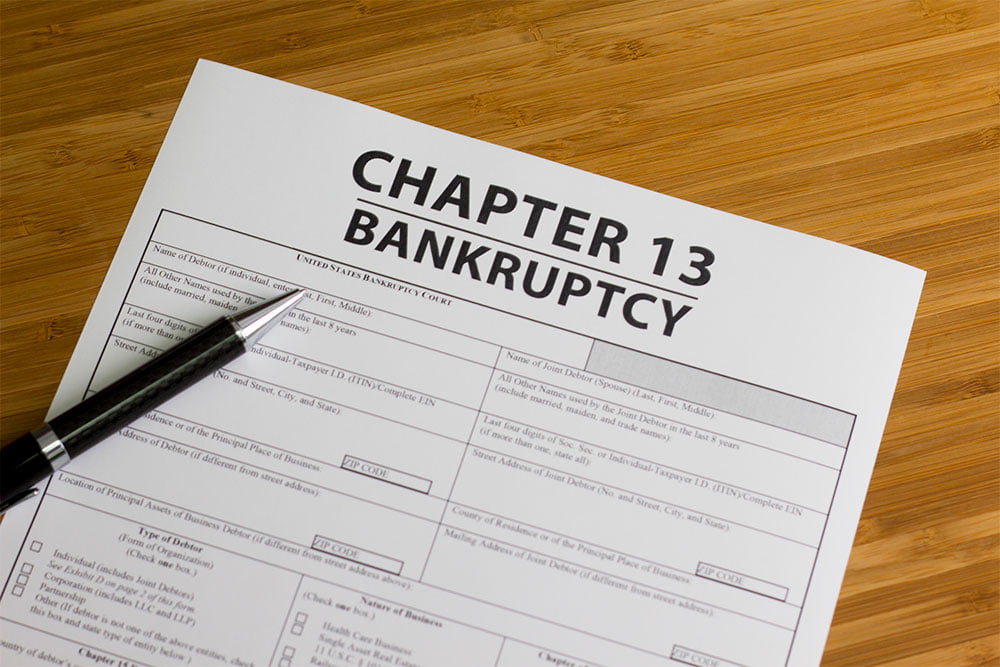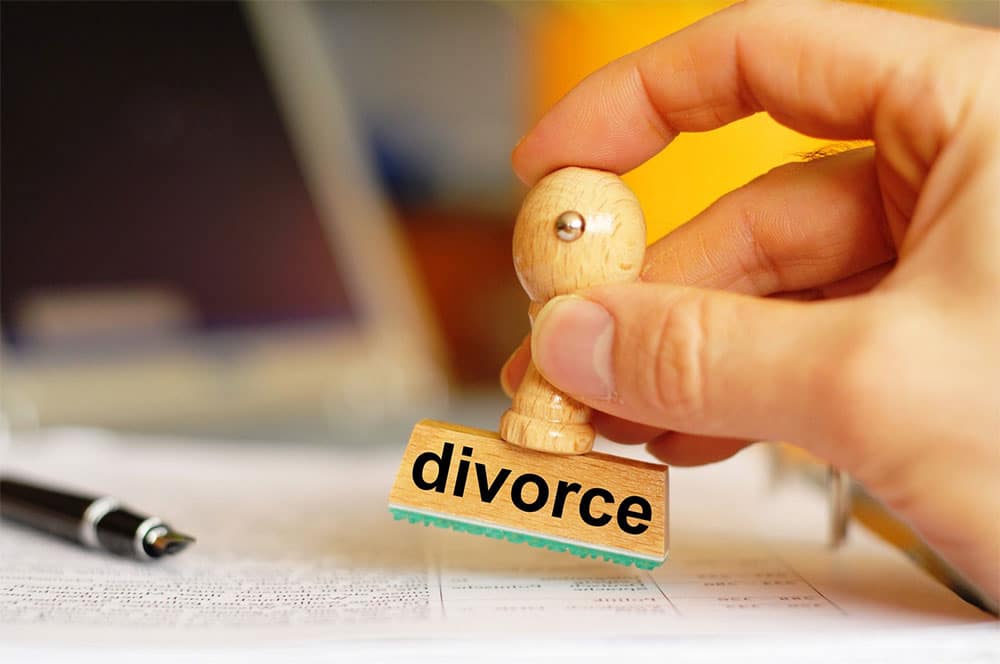The simple answer is probably, but there are a few things that your attorney should know before proceeding with the Chapter 13 bankruptcy case.
First, when was the car repossessed? In Georgia, a creditor must give you 10 days notice of the sell of your vehicle if they ever want to collect on the deficiency balance of the car. Once a car is repossessed, the creditor will usually send the consumer a 10 day letter stating that they have 10 days to pay up or the car will be sold. The creditor will then typically wait 10 days before they sell the car. If the Chapter 13 bankruptcy case is filed before the car is sold, then the debtor will be able to get their car back. They will typically have to pay for the repo fees though the Chapter 13 plan and will also have to show proof of insurance before getting the car back. So, the consumer can get their car back if they filed the Chapter 13 bankruptcy case within 10 days of the car being repoed? Usually, but there are exceptions to the general rule above.
The car creditor does not have to wait 10 days to sell the car. They could sell it one day after repossessing it. However, if they sell the car before sending the 10 day letter and before the 10 days, they will forever lose their right to collect the deficiency balance for the car. Most creditors will always want to collect on the deficiency balance, but there are a few creditors that will sell it to get what they can and write off the rest. A good example of a creditor doing this would be if the car had a significant amount of equity. If so, the creditor would not care about the deficiency balance because there would not be one.
So, if the car has been sold by the creditor before a chapter 13 bankruptcy has been filed, the debtor will not be able to get the car back. If it has not been sold, they can. It is always wise to call the creditor and see if the car has been sold without mentioning the possibility of filing a Chapter 13. Also, check and see when the creditor mailed the 10 day letter. Chances are that the soon be debtor received this.







